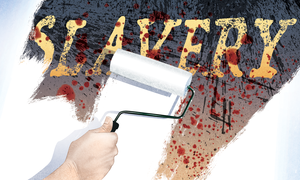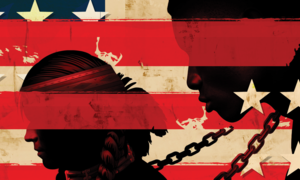author
Maryam Asenuga
Maryam Asenuga is an undergraduate senior at Duke University, where she created the nation's first undergraduate Pride Invitational for prospective LGBTQIA+ students. Maryam is currently pursuing a bachelor’s degree in Public Policy and Arabic. She is interested in policymaking and implementation and activism. In her free time, Maryam mentors and teaches refugee youth in mathematics and science and aids in their transition to American culture.



